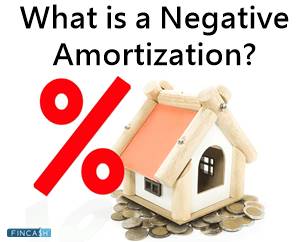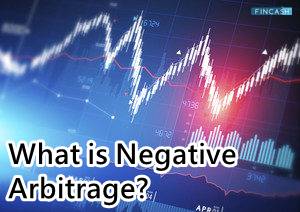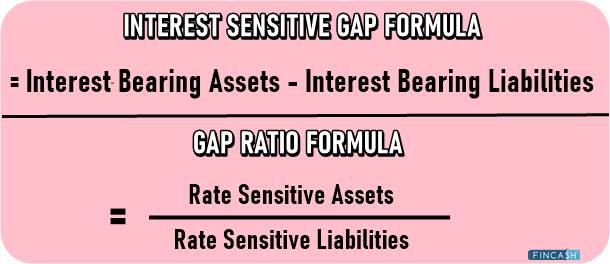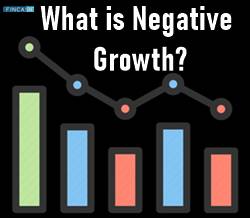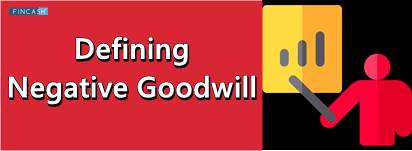What is Negative Feedback?
A pattern of poor investment performance causes negative feedback in the financial Market. An investor who employs this technique tends to buy stocks when their prices fall and sell them when the prices rise, which most individuals would not do.

As a result, markets become less volatile. On the contrary, positive feedback causes the price to rise even higher and the prices to decrease even lower. Therefore, negative feedback is a system in which outputs are routed back as inputs to intensify some negative consequence; hence, aggravating a bad situation, such as an economic panic or a deflationary spiral.
Negative Feedback Loop
A negative feedback loop in financial markets refers to activity that either multiplies a negative consequence or reduces change rather than boosting it. In the latter situation, investors purchase equities on the drop and sell them when they rise.
This, on the other hand, is an example of positive feedback, even though many people still refer to it as a negative feedback loop in reality.
Understanding Negative Feedback
Negative feedback on an individual level indicates a pattern of behaviour in which a negative impact, such as trading losses, causes investors to doubt their trading abilities and dissuades them from continuing the transaction.
Developing and sticking to a sensible Trading Strategy might help an investor maintain confidence and avoid sliding into a negative feedback loop while losing most of his deals.
A lot of individuals believe that financial markets can display feedback loop behaviour. Intended initially to illustrate economic concepts, the notion of feedback loops is now widely used in various financial fields, such as Capital markets theory and behavioural finance.
Talk to our investment specialist
Importance of Negative Feedback
Negative feedback in finance may take on a whole new meaning during times of market hardship. Given that humans are prone to overreacting to fear and greed, financial markets tend to behave erratically during times of uncertainty.
This notion is shown by the fear that arises during a sharp market correction. Even for beneficial things, negative feedback will develop a negative repeating loop or cycle that will feed itself. Other investors will fear if they see other investors panicking, creating an environment that jeopardises the entire system.
Negative Feedback System
Negative feedback is a system in which the outputs lessen or obscure the initial inputs. An investor adopting a negative feedback technique would purchase stocks when prices fall and sell stocks when prices increase, which is the total opposite of what most individuals do.
By this concept, negative feedback serves to reduce market Volatility by bringing systems closer to equilibrium.
Positive and Negative Feedback
Positive feedback, also known as a positive feedback loop, is a self-reinforcing pattern of Investing behaviour in which the final outcome rewards the beginning act. Positive feedback loops may boost the price of security far above its fundamentals in asset bubbles.
Negative feedback is a system in which the outputs muffle or modify the original inputs, resulting in a dampening effect. In the context of contrarian investing, a negative feedback approach would have an investor purchase stock when prices fall and sell stocks when prices increase, which is the polar opposite of what most individuals do.
By this concept, negative feedback reduces market volatility by bringing systems closer to equilibrium.
Difference Between Positive and Negative Feedback
The major difference between positive feedback and negative feedback is positive feedback magnifies change, indicating that when the price of a stock rises, more people will purchase it, driving the price even higher.
Negative feedback reduces change, so investors purchase equities when they fall in price and sell them when they increase.
Conclusion
In the financial world, negative feedback can take on a whole new meaning during times of market turmoil. Developing and sticking to a sensible trading strategy might help an investor maintain confidence and avoid a negative feedback loop while losing the majority of his deals.
All efforts have been made to ensure the information provided here is accurate. However, no guarantees are made regarding correctness of data. Please verify with scheme information document before making any investment.
